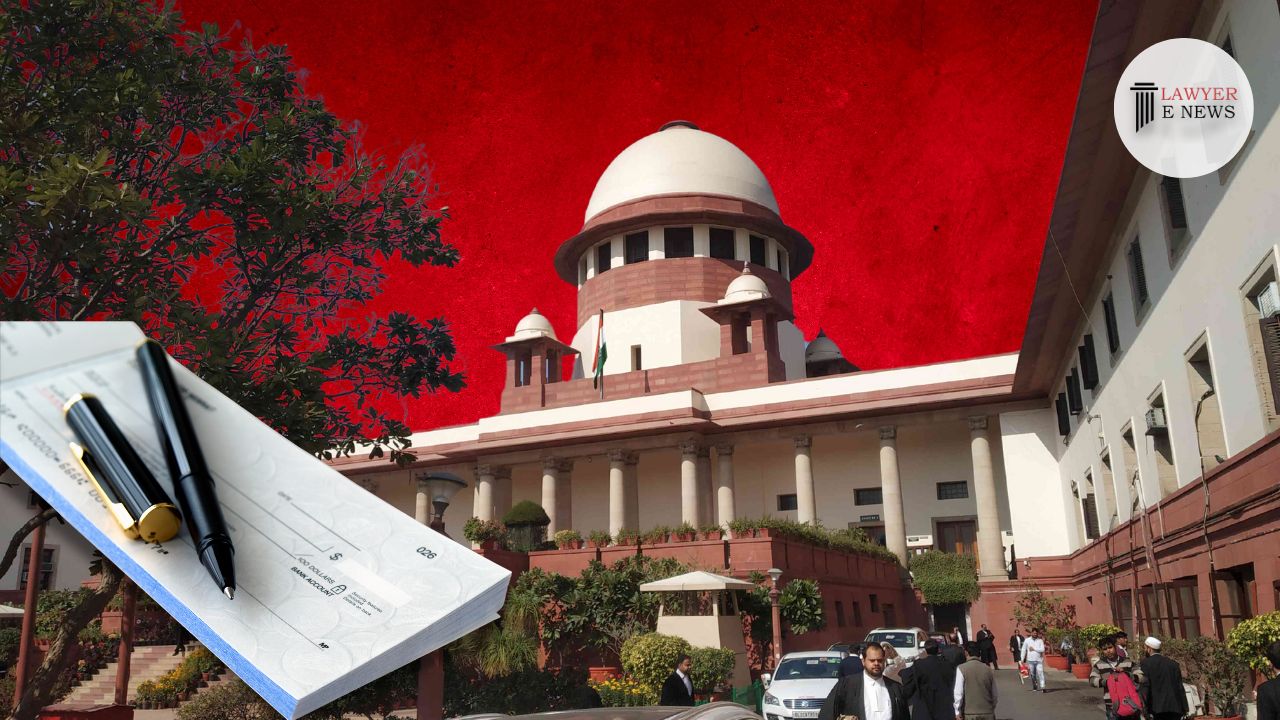-
by sayum
14 February 2026 2:22 PM



In a significant ruling, the Supreme Court has granted bail to Sheikh Javed Iqbal @ Ashfaq Ansari @ Javed Ansari, who has been in custody for over nine years on charges of possessing and circulating counterfeit currency and under the Unlawful Activities (Prevention) Act (UAP Act). The bench, comprising Justices J.B. Pardiwala and Ujjal Bhuyan, emphasized the fundamental right to a speedy trial under Article 21 of the Constitution, critiquing the prolonged detention and the sluggish pace of the trial.
The appellant, Sheikh Javed Iqbal, was apprehended on February 22, 2015, at the Indo-Nepal border with counterfeit currency amounting to Rs. 26,03,500. He was subsequently charged under Sections 489B and 489C of the Indian Penal Code (IPC) for using and possessing counterfeit currency, and under Section 16 of the UAP Act for committing a terrorist act by threatening India’s economic security. Despite the serious charges, the trial saw minimal progress, with only two witnesses examined over nine years.
The Supreme Court highlighted that Iqbal had been in custody since February 2015 and that the trial had not advanced significantly, with only two witnesses examined. Justice Ujjal Bhuyan, writing the judgment, stated, “An accused is entitled to a speedy trial. The prolonged detention of the appellant without substantial trial progression violates the fundamental rights guaranteed under Article 21 of the Constitution.”
The Court reiterated that the right to a speedy trial is a fundamental right. “It is trite law that an accused is entitled to a speedy trial. Bail cannot be denied only on the ground that the charges are very serious, especially when there is no end in sight for the trial to conclude,” noted the bench.
While acknowledging the gravity of the charges, the Court stressed the need to balance these against the appellant’s right to a fair and speedy trial. “Seriousness of the charges must be balanced with the period of custody suffered and the likely period within which the trial can be expected to be completed,” the judgment stated.
The judgment clarified that the restrictive bail provisions under the UAP Act do not override constitutional rights. “Section 43D(5) of the UAP Act does not oust the ability of the constitutional courts to grant bail on grounds of violation of Part III of the Constitution. Long incarceration with the unlikelihood of the trial being completed in the near future is a good ground to grant bail,” the Court held.
Justice Bhuyan remarked, “Continued incarceration of the appellant cannot be justified when the trial is proceeding at a snail’s pace. The right of the accused to a speedy trial cannot be sacrificed at the altar of prolonged detention.”
The Supreme Court’s decision to grant bail to Sheikh Javed Iqbal underscores the judiciary’s commitment to upholding the right to a speedy trial. The judgment sets a significant precedent for addressing prolonged pre-trial detentions, reinforcing the balance between the severity of charges and fundamental rights. This ruling is expected to influence future cases involving prolonged incarceration without trial progression.
Date of Decision: July 18, 2024
Sheikh Javed Iqbal @ Ashfaq Ansari @ Javed Ansari vs. State of Uttar Pradesh
